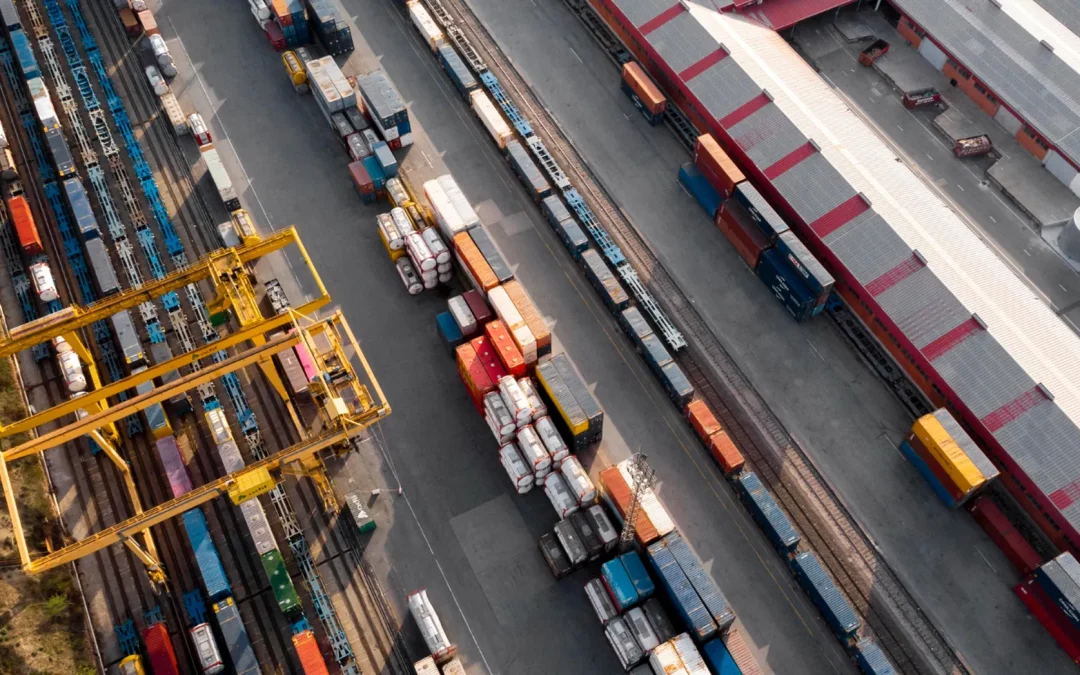In a time where environmental concerns and corporate responsibility are at the forefront, supply chain sustainability management has emerged as a critical aspect of business operations.
Particularly in the UK, where environmental regulations are stringent, and consumer awareness is high, actively managing and reporting on the sustainability of your supply chain is not just a choice but a necessity for businesses aiming for long-term success and societal impact.
Understanding Supply Chain Sustainability
Supply chain sustainability refers to the integration of environmentally and ethically responsible practices across all stages of the supply chain, from sourcing raw materials to the delivery of the final product to the end consumer. This approach ensures that businesses minimise their environmental footprint, uphold ethical standards, and contribute positively to the communities in which they operate.
Importance in the UK Context
- Regulatory Compliance
The UK has established stringent regulations to promote sustainability and reduce carbon emissions. By actively managing their supply chains for sustainability, businesses can ensure compliance with these regulations, avoiding penalties and legal complications.
- Consumer Expectations
Today’s consumers are increasingly conscious of the environmental and social impact of their purchases. Studies show that a significant portion of consumers in the UK prefer to support businesses that demonstrate a commitment to sustainability. By prioritising supply chain sustainability management and transparent reporting, businesses can attract and retain these environmentally conscious consumers, gaining a competitive edge in the market.
- Reputation and Brand
Image In a digitally connected world, news travels fast. Any negative publicity regarding unsustainable practices within a company’s supply chain can tarnish its reputation and erode consumer trust. On the other hand, businesses that proactively manage and report on their sustainability efforts can enhance their brand image, fostering trust and loyalty among consumers and stakeholders.
- Risk Mitigation
Supply chain disruptions due to environmental or social issues can have significant financial repercussions for businesses. By diversifying suppliers, conducting thorough risk assessments, and implementing sustainability practices, businesses can mitigate the risks associated with climate change, resource scarcity, and labour violations, ensuring the continuity of their operations.
Steps Towards Effective Supply Chain Sustainability Management
- Supplier Engagement:
Collaborate closely with suppliers to ensure adherence to sustainability standards and promote continuous improvement. - Transparency and Traceability:
Implement systems to track and trace the origin of raw materials, providing consumers with visibility into the sustainability practices throughout the supply chain. - Investment in Innovation:
Embrace innovative technologies and practices that enable resource efficiency, waste reduction, and renewable energy adoption within the supply chain. - Stakeholder Engagement:
Involve stakeholders, including employees, customers, and communities, in sustainability initiatives to foster a culture of responsibility and accountability. - Continuous Improvement and Reporting:
Regularly assess and benchmark sustainability performance and transparently report progress to stakeholders through sustainability reports and disclosures.
In conclusion, actively managing and reporting on the sustainability of your supply chain is not just a moral imperative but a strategic business decision, especially in the UK context. By prioritising sustainability, businesses can enhance their reputation, mitigate risks, and capitalise on the growing demand for environmentally and socially responsible products and services, ultimately driving long-term success and contributing to a more sustainable future.
FuturePlus gives you the tools to integrate sustainable practices, understand your suppliers’ wider social and environmental impact, mitigate reputational risks, and strengthen stakeholder trust.
Proactively engaging with your supplier’s initiatives and sustainability ambitions fosters innovation and builds resilience and confidence.
Measure, manage and track progress across Climate, Environment, Economic, Diversity and Inclusion, and Social impact to ensure responsible sourcing, ethical labour practices, and transparent operations and to help build a resilient and competitive supply chain.

IMPACT PROVEN THROUGH RESULTS
WE TURN ESG INTO
COMPETITIVE ADVANTAGE










































